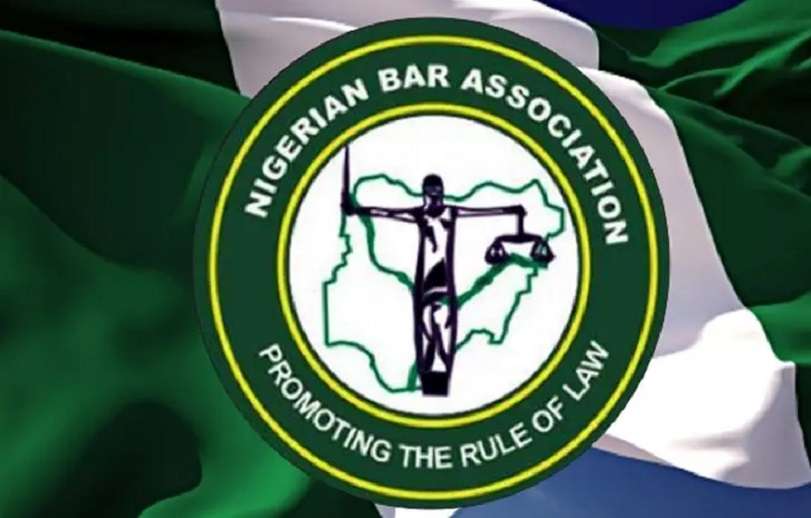NBA Rebukes EFCC Chairman’s Claims On Lawyers’ Role In Financial Fraud

The Nigerian Bar Association (NBA) has responded to remarks attributed to the Chairman of the Economic and Financial Crimes Commission (EFCC), Ola Olukoyede, Esq., alleging that Nigerian lawyers are central to enabling high-profile financial frauds, including cases like the P&ID scam, the Mambilla Power Project, and the Sunrise issues.
While acknowledging that no profession is immune to ethical lapses, the NBA rejected the sweeping characterization of Nigerian lawyers as primary enablers of financial crimes. It described the claim as both inaccurate and unfair, cautioning that such generalizations could erode public trust in a legal profession vital to promoting justice and combating corruption in Nigeria.
Highlighting the profession’s internal accountability, the NBA pointed to the Legal Practitioners Disciplinary Committee (LPDC), a body tasked with investigating and prosecuting cases of misconduct. The association urged the EFCC Chairman to forward evidence against any erring lawyer to the LPDC for appropriate action instead of issuing generalized accusations.
The NBA further noted the significant contributions of ethical lawyers, including those within the EFCC, in the fight against financial crimes. It emphasized that lawyers play an integral role in the justice system, working to combat corruption and secure justice for victims, aligning with Nigeria’s anti-corruption objectives.
The association called on the EFCC Chairman to substantiate allegations against specific individuals with credible evidence and ensure they are addressed through due process. Blanket accusations, it argued, undermine trust and distract from collective anti-corruption efforts.
Reaffirming its commitment to strengthening ethical standards and accountability within the legal profession, the NBA pledged to continue fostering integrity among its members and collaborating with stakeholders to enhance justice delivery and uphold the rule of law. It urged public officials to use their platforms for constructive dialogue and actionable solutions rather than making broad statements that misrepresent the legal profession’s role in combating corruption.

